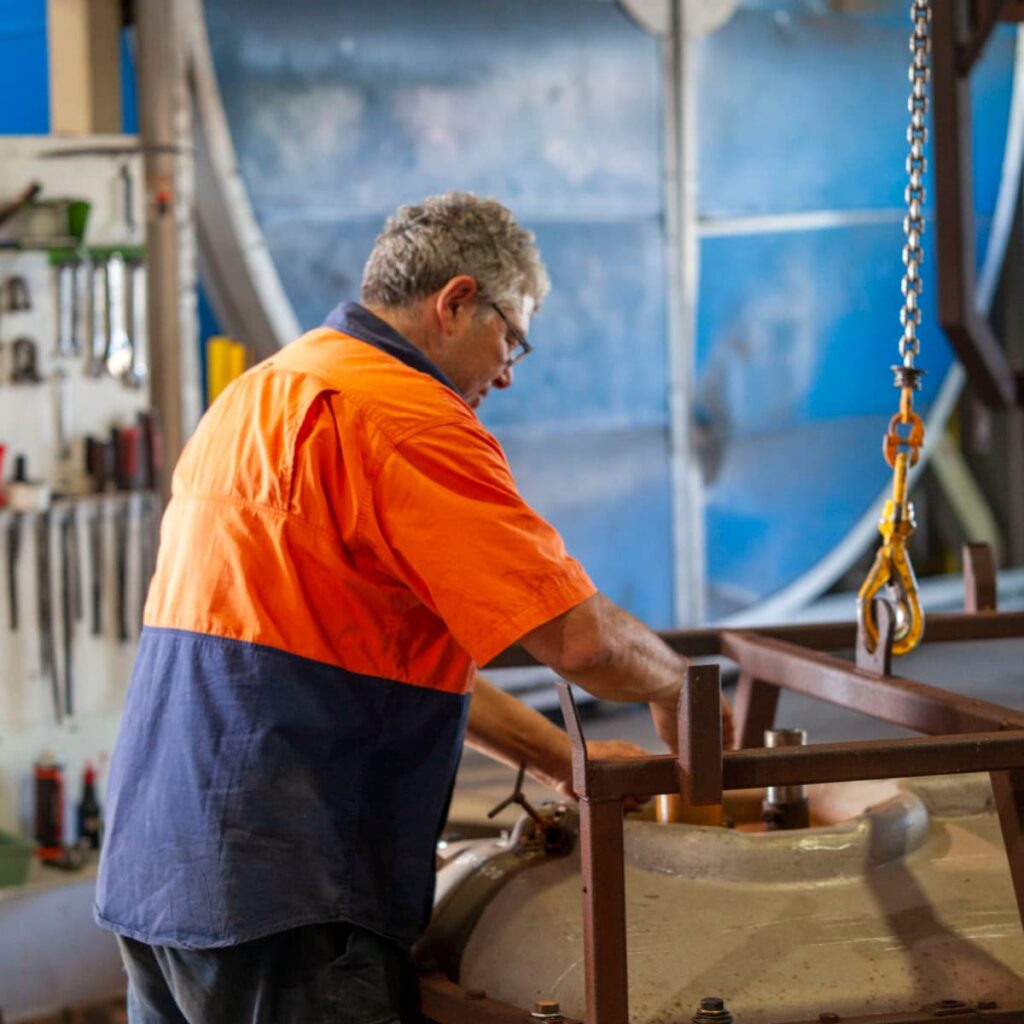Make Sustainable Food Practices your 2020 Resolution
Home / Make Sustainable Food Practices your 2020 Resolution
- globaltanks
- February 28, 2020
- 3 minutes
Sustainable food practices can be defined as a process which helps to reduce waste, protect the environment and/or boost local economies. What’s more, sustainable food tends to be healthier and tastier; it’s a win-win all around. The word sustainable has become a buzz word today, and sometimes it’s easy to get confused or lose sight of actual sustainability. Below we have defined 3 clear examples of how exactly you can support sustainable food practices and truly make a difference:
Farm to Table
The farm to table movement is becoming massively popular in restaurants across Australia, and we’d be willing to bet that it’s going to gain even more traction as 2020 continues. Farm to table refers to the serving of food in restaurants, cafes and even school cafeterias, that has been entirely locally sourced or perhaps also grown on-site. There are many unexpected benefits of the farm to table movement, including the fact that everything you’re eating is 100% fresh and preservative-free. As consumers, we are more aware than ever of the impacts of what we are putting into our bodies. Eating farm to plate means that we know exactly where the food and ingredients come from, not to mention the fact that farm to table food is always more delicious since it’s completely fresh and hasn’t been frozen, transported and stored for unknown periods of time.
However, what is perhaps the most important benefit of all is the way in which this movement supports our local and rural communities. As devastating bushfires spread throughout our country and widespread drought continue, it is now more vital than ever before to put money into our rural farming communities. The farm to table movement means that we are investing money directly back into our local community, rather than out of state or offshore, which will significantly help communities to begin recovering from the damage done by extreme climate conditions.
Nose to Tail
Nose to tail is the practice of using and eating most of an animal rather than just the parts which are traditionally considered valuable like a leg of lamb, a pork loin or a beef rump. This is another movement which is gaining popularity in Australia with one farm named River Cottage in NSW spreading the philosophy that ‘nothing is wasted, and everything is celebrated.’ This farm even runs cooking classes in an attempt to educate people on cooking and enjoying the less often used pieces of meat.
Did you know that $20 billion worth of food is wasted every year in Australia? The nose to tail practice is part of the battle dedicated to reducing these extreme levels of food wastage across the country. Not only this, but it’s a much more respectful and humane use of the animals which we farm and eat. And lastly, why restrict your dining experiences and palate to such limited parts of an animal when there’s so much more to be tasted and experienced?
#zerowaste
Zero waste is a campaign started on social media which encourages restaurants, food vendors, and hospitality and catering companies to massively reduce the amount of waste they are producing. While food waste is a huge issue in Australia, there are also other elements of waste in the food industry which are as harmful. For example, takeaway containers, plastic straws and water bottles. An excellent example of the zero waste movement is a restaurant named NOMAD in Surry Hills, NSW. This restaurant uses a vestal system to filter, chill and carbonate their water, meaning that single-use plastic bottles aren’t necessary. NOMAD also source their charcoal from plantation pine sawdust mills to make their famous wood-roasted pig.
At Global Rotomoulding, we are dedicated to supporting our agricultural communities across Australia as well as protecting the planet in any way that we can. To learn more about our range of custom rotomoulded tanks or our services, get in touch with us today!

